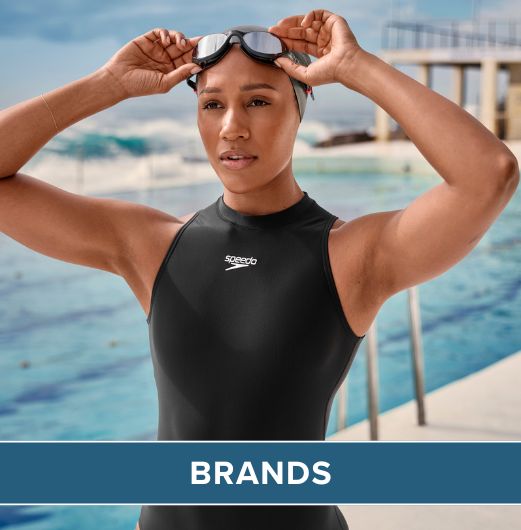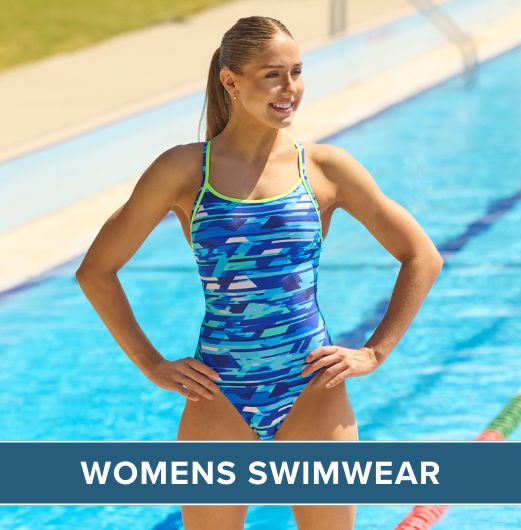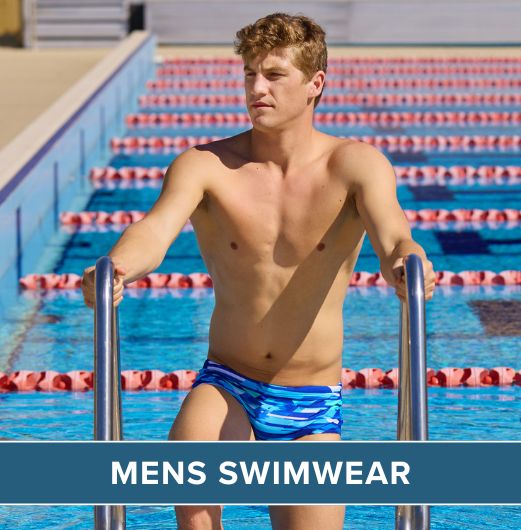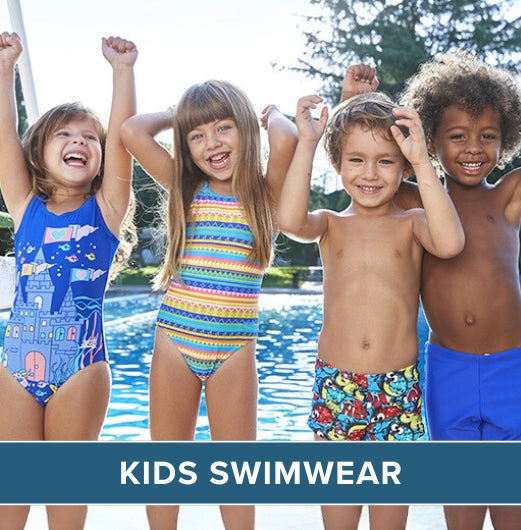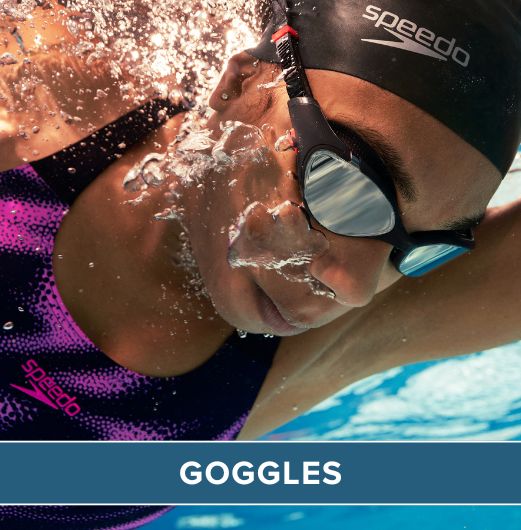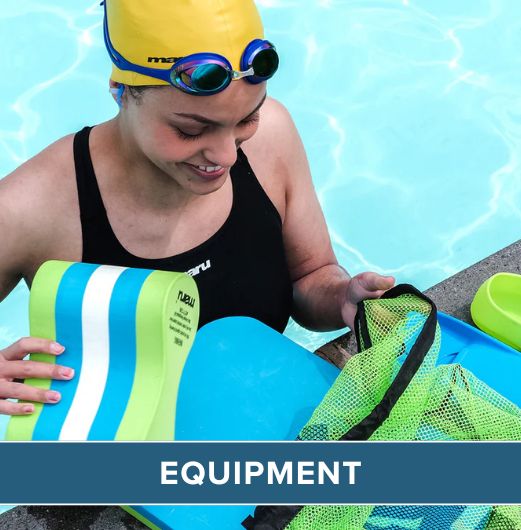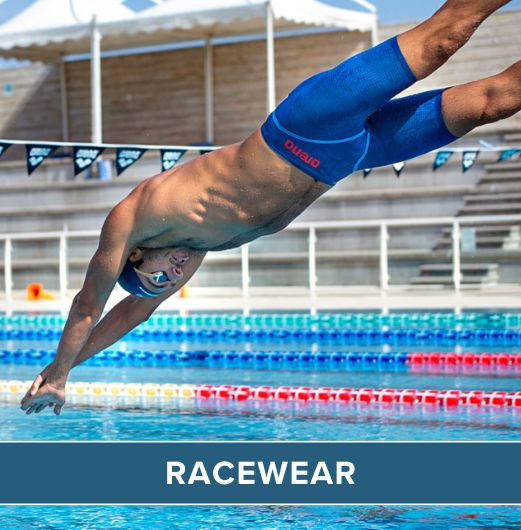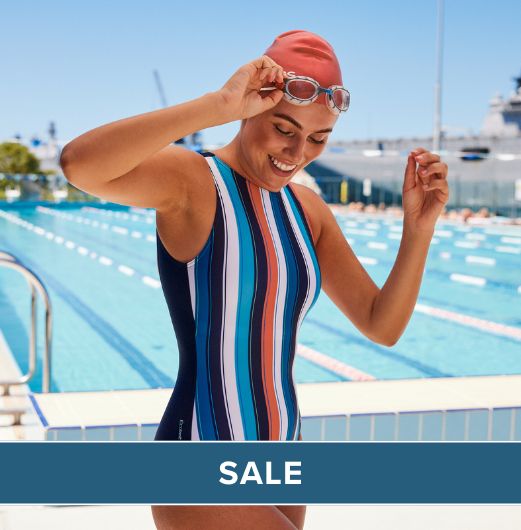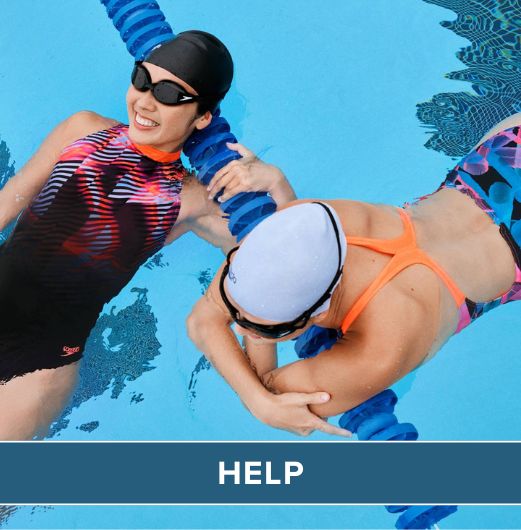Swimming is one of the most difficult sports to master, but one of the most rewarding activities for individuals of all ages. One key aspect in becoming a proficient swimmer is the ability to develop an effective training regimen during the adult development stage of a young swimmer. This is always a challenging task, but even more so when we think of the period of adolescence and puberty when a child's body will undergo a host of physical, biological and emotional changes. There are many factors involved with this natural change. Some individuals may mature much faster than others and adapt well while in some instances, the process may develop early and can evolve rather slowly. Regardless of the time frames involved, a swimmer's physical abilities can be profoundly affected. The timing of one's strokes, physical coordination, energy levels and the very psychology of the young adult may be thrown into disarray for a period of time. Although there is no way to avoid this developmental process, adopting certain training methods can help mitigate its effects and allow a smooth entrance into maturity. Physical Training Issues It is obvious that as one's body grows, the requirements placed upon it will increase and there may be some awkwardness involved. While this is perfectly natural, it may be upsetting for the swimmer and cause issues with morale and motivation. One primary focus that is emphasised by nearly all trainers is the readjustment of a training schedule to become more specific. Up until the ages of 11 or 12, most swimmers had focused on all strokes and a basic proficiency in the water. With the onset of puberty, the swimmer should now begin to train on a specific technique that suits him or her best. As puberty also allows the performer to gain stamina and speed, he or she may be able to determine which stroke is preferred and narrow their training focus onto this one exercise. More often than not, they will show great enthusiasm in beginning to perfect their timing and coordination. Nutrition An important factor in any athlete's performance is gaining the proper amount of nutrients before and after practice. This is even more important for adolescents, as their bodies are in a constant state of growth. Therefore, they need a greater intake of calories than previously required. For a sport such as swimming that requires strength, speed and endurance, an adequate amount of carbohydrates and proteins must be provided in a dietary plan. Children should be encouraged to begin to manage their own food intake, although under the supervision of a parent or trainer. Obviously, foods high in refined sugar should be avoided, especially during times of training. Fruits and vegetables provide an excellent source of sustainable energy. Pastas and protein-rich, low fat meats such as chicken and fish are optimal to provide the muscles the fuel that the body needs to perform endurance tasks. Psychology One factor that must not be overlooked is the psychological and emotional changes that also occur during this formative time period. Children may feel awkward and uncomfortable about their bodies, their seeming lack of coordination may affect their overall performance confidence and they may begin to compare themselves to others who are more adept or older. This must be dealt with by trainers and professionals, for a lack of self-esteem can have a decidedly negative effect on long-term performance and even an enthusiasm for the sport itself. One-on-one training can help mitigate these effects while including a more specialised routine (as mentioned earlier) can help the adolescent focus on his or her individual strengths. Higher training intensities can be incorporated and milestones can represent motivational useful targets in what proves to be an increasingly competitive arena. Simply stated, a confident adolescent will continue to enjoy the sport and will soon realise that he or she is much stronger and faster than ever in the past should the right amount of this emotional confidence be instilled. These are three key areas that need to be recognised for young swimmers to develop into proficient and strong mature swimmers. By addressing each component individually, the swimmer can be provided with a skill set that will last well into their adult swimming career.
Need help? We're available to chat. You can call us on 0118 402 2895 or email us.
Your basket (0)
XUK Standard Delivery: £2.99 Subtotal:
View Basket / Checkout
Free UK delivery on orders over £50.00
For International Rates, Please See Step 2 of Checkout
Menu
Search
Wishlist
Your basket (0)
XUK Standard Delivery: £2.99 Subtotal:
View Basket / Checkout
Free UK delivery on orders over £50.00
For International Rates, Please See Step 2 of Checkout
View Bag
 Free Tracked UK Delivery
Free Tracked UK Delivery Hassle Free Returns
Hassle Free Returns Next Working Day OPTION
Next Working Day OPTION Found It Cheaper?
Found It Cheaper?



